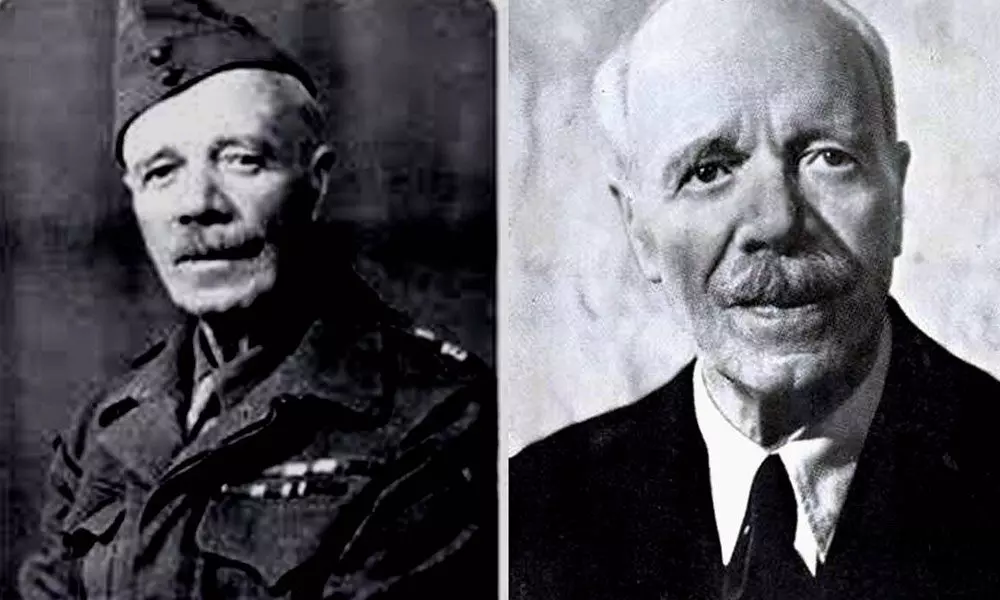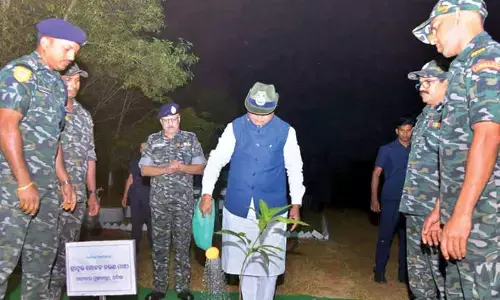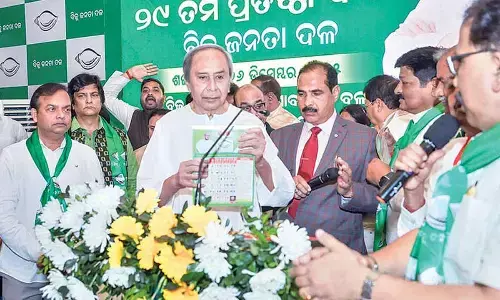Jim Corbett: A Legendary Hunter, Conservationist, And An Author

He was the only European to see these divine lights.
- The celestial lights he beheld in the Purnagiri Temple, presently in Champawat district, show that Jim Corbett, the renowned hunter, and conservationist, had a highly evolved soul.
- He was a colonel in the British Indian Army and was frequently summoned by the governments of the United Provinces of Agra and Oudh.
The celestial lights he beheld in the Purnagiri Temple, presently in Champawat district, show that Jim Corbett, the renowned hunter, and conservationist, had a highly evolved soul. On July 25, 1875, Edward James Corbett, of British descent, was born in the Kumaon village of Nainital. He hunted a number of man-eating tigers and leopards in India as a British hunter, tracker, naturalist, conservationist, and author. He was a colonel in the British Indian Army and was frequently summoned by the governments of the United Provinces of Agra and Oudh, which are now the Indian states of Uttar Pradesh and Uttarakhand, to slaughter theman-eating tigers and leopards feeding on humans in the Kumaon-Garhwal Regions.
The spiritual side of Jim Corbett, as well as his sense of comedy, have been missed by his biographers. In all of his works, Jim has provided abundant proof of this. Corbett recounts an incident in his book that man-eating Leopard of Rudraprayag in which he was compelled to spend the night on a pine tree and was killed by a sudden gust of wind. The Leopard of Rudraprayag was a man-eating leopard who was said to have killed more than 125 people. Jim Corbett, a hunter, and author, eventually killed it.
Meanwhile, he wrote Man-Eaters of Kumaon, Jungle Lore, and other books on his hunts and adventures, which were well-received both critically and commercially. He became a passionate photographer and advocated for the preservation of India's wildlife.
Apart from fiction, they are based on his travels in the Indian valleys hunting fierce felines. On the occasion of Jim Corbett's 144th birthday, here are five of his books:
Man-Eaters of Kumaon, which was published in 1944. It describes Corbett's experiences hunting man-eating Bengal tigers and Indian leopards in India's Kumaon region from the 1900s through the 1930s. The book is the most well-known of Corbett's works, with ten stories about tracking and shooting man-eaters in the Indian Himalayas.
The Man-Eating Leopard of Rudraprayag, published in 1947, in this book, the author and hunter provide a meticulous account of a notorious leopard that plagued life in the colonial United Provinces' hills.
My India, published in1952,is a collection of great stories about people who lived in the heartbreaking rural environment of the Indian foothills. Through his observations of their lives, traditions, and culture, Corbett demonstrates considerable sympathy for these people.
Jungle Lore, published in1953,Jungle Lore is the closest Jim Corbett ever came to writing an autobiography, reflecting his lifelong love for the people, jungle, and creatures of the Kumaon highlands in the Himalayan foothills, as well as his anguish at humanity's alienation from the natural world.
My Kumaon: Uncollected Writings came in2012, Jim Corbett's unpublished writings on man-eaters, nature, and his beloved Kumaon, as well as personal correspondence, articles written by his contemporaries for newspapers and gazettes, and letters, exchanged between Corbett and his publisher, are included in the book.

















